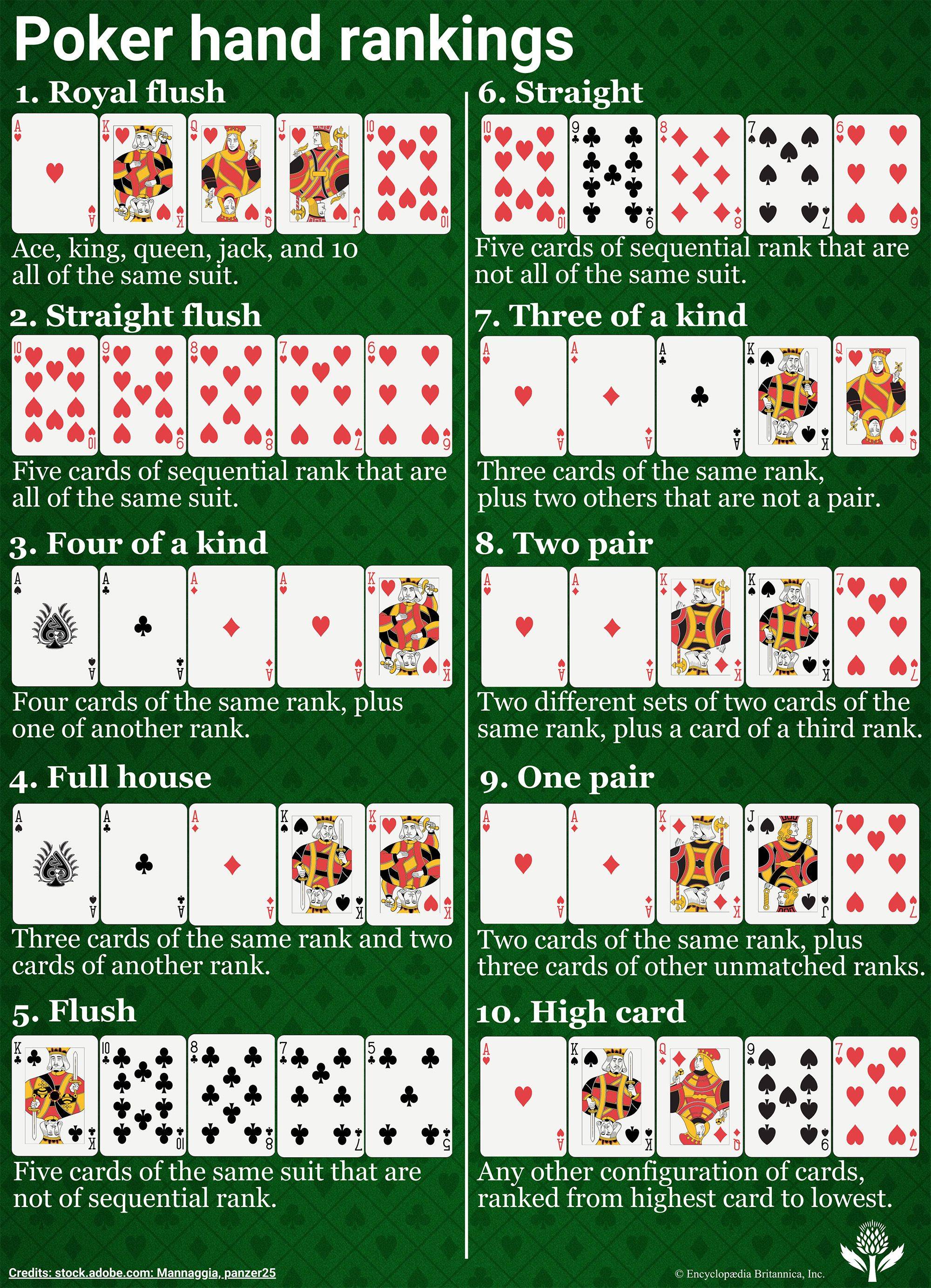
Poker is a game that challenges a player’s mathematical and analytical skills while pushing their mental endurance. It’s a game that also helps people build resilience and learn how to deal with failure. Despite the popular conception that poker is a destructive game, it’s actually a highly constructive one. It teaches many life lessons that can be applied to everyday life.
One of the most important skills a poker player can learn is discipline. This is because the game requires players to make decisions based on logic rather than emotions. This kind of self-control is an essential skill in all walks of life, from personal finances to business dealings.
Another important poker lesson is learning how to read people. This is because the game involves reading and understanding other people’s body language. It is also a great way to develop observational skills, which can be useful in other aspects of life.
Poker also teaches you how to manage your emotions. This is because there are times when an unfiltered expression of emotion could have negative consequences, and playing poker teaches you how to control your emotions. It’s important to be able to control your emotions because it will help you become a better person in every aspect of your life.
In addition to the above, poker teaches you how to analyze a situation and come up with a solution. It is a complex game that requires you to pay attention to the odds and think about your next move. These are skills that you can apply in all walks of life, from business to family relationships.
A good poker player is a great observer. He will be able to spot tells and changes in other players’ mood. This is because he will be able to read their actions and make the right decision accordingly. This kind of observational skills can be used in any area of life, from personal finance to work.
Lastly, poker is a fun game to play with friends. It is also a social game that helps you build relationships with different people. This is because it draws a diverse group of people from different backgrounds. This will help you improve your social skills. In addition to this, it will help you get smarter as you will have to make decisions constantly at the table. This is because it will force you to evaluate your own decisions and the decisions of others. You will also have to analyze the different hands and determine their strengths and weaknesses. This is how you will be able to make the best decisions. In addition, you will also be able to read other players’ body language and make the right decisions at the table. This will ensure that you win more often than not. It will also help you develop a unique poker strategy that will give you an edge over your opponents. Moreover, it will also help you improve your communication skills and boost your confidence.